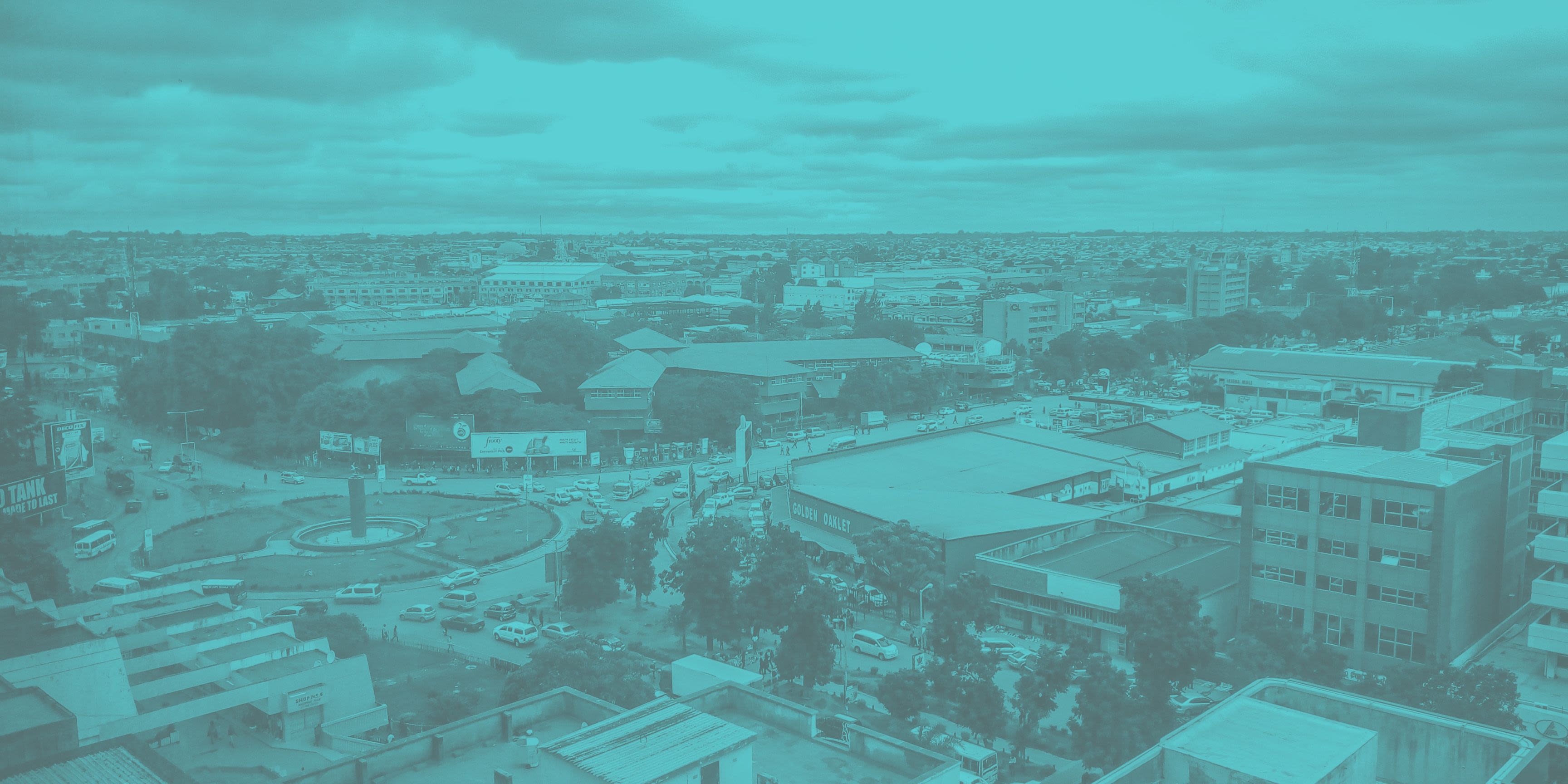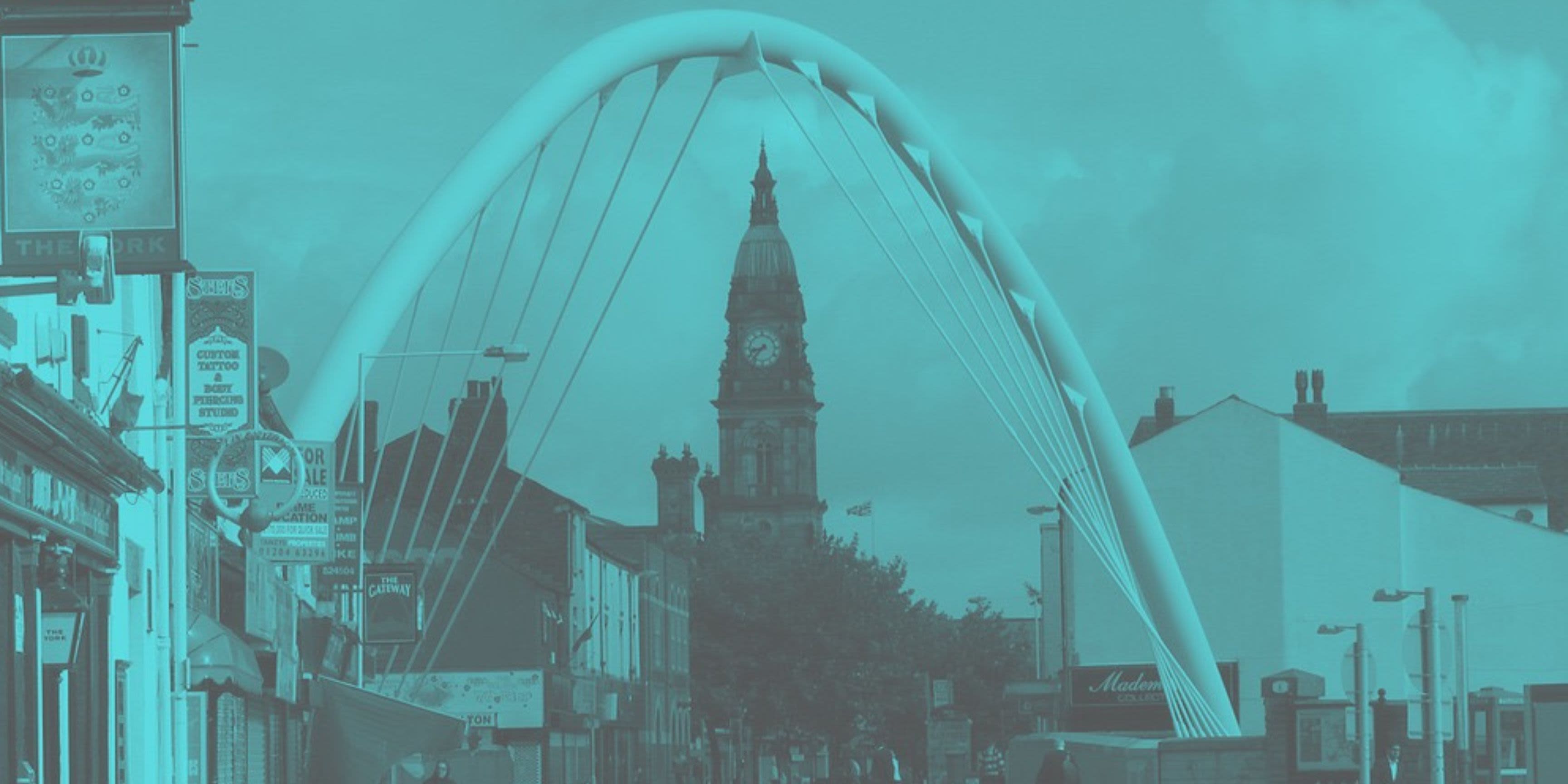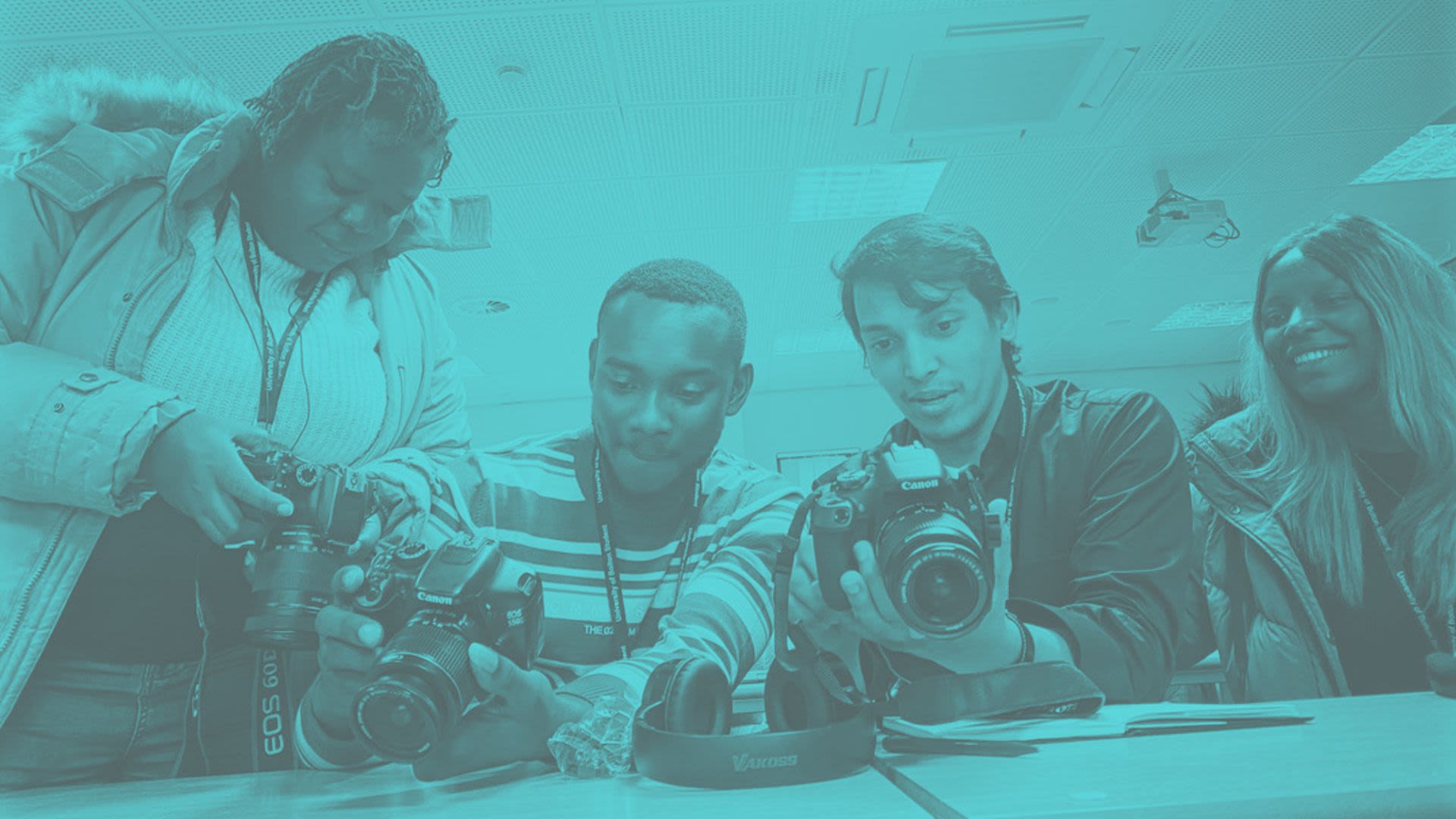PROJECT GUIDANCE
What needs to be done and when

ABOUT
This project is a co-operation between staff at The University of Bolton, UK and The Sotambe Film Institute, Zambia. The project is funded by the University of Bolton’s internal Jenkinson's Award. The project will run from late Dec 2022 to early Feb 2023. After which, selected works will be publicly exhibited in both Zambia and the UK.
Sharron Lovell is the Project Coordinator. If you have any questions, don’t hesitate to email: S.Lovell@bolton.ac.uk
PARTICIPATING PHOTOGRAPHERS FINAL SUBMISSION REQUIREMENTS
The Final Photography Project Submission consists of following requirements:
Each Photographer will produce a series of 6-12 collaborative portraits around a single theme in either Bolton, UK, or Kitwe, Zambia by the 7th of February 2023. Each photographer should complete a minimum total of six different portraits to successfully complete the project and enter the contest.
KEY DATES
- Call for entries open - December 2022
- Project in Progress - 19 December 22 to 06 February 23
- Contest Submission deadline - 07 February
- Winner announcement - 10 February
- Exhibitions - UK exhibition commences February 2023
DETAILED TIMELINE
19 Dec 22 | Workshop 1: Project Intro & Collaborative Portraiture - 11:00 GMT (UK) / 13:00 CAT (Zambia)
20 Dec 22 to 16 Jan 23 | Project Phase 1: Students have 4 weeks to produce a minimum of 2 collaborative portraits. These are initial tests, and may or may not be used as part of your final submission.
04 Jan 23 | Brief informal online meeting: to outline informed consent and discuss project ideas.
17 Jan 23 | Workshop 2: Students present a minimum of 2 collaborative portraits and a written proposal for their final project. Participants discuss the work and ideas in progress & define parameters for the group project. Participants are assigned a professional mentor.
18 Jan 23 to 30 Jan 23 | Project Phase 2: Students have two weeks to produce a portrait series comprising a minimum of 4 collaborative portraits. The 4 portraits may or may not include your 2 initial test images.
31 Jan 23 | Workshop 3: Students produce and present a minimum of 4 collaborative portraits and discuss work in progress and ideas for exhibition.
1 Feb 23 to 6 Feb 23 | Project Phase 3: Students have one final week to finalise their series of a minimum of 6 collaborative portraits.
07 Feb 23 | Contest Deadline: Students submit a minimum of 6 maximum of 12 collaborative portraits to the contest.
10 Feb 23 | Winners announced and awarded
Feb/March 23 | Exhibitions open in the UK & Zambia
PARTICIPANT REQUIREMENTS - PHASED PROJECT PROCESS & DEADLINES

PARTICIPANT REQUIREMENTS - PHASED PROJECT PROCESSES & DEADLINES
The Photography Project process consists of the following work stages. Each stage has a few requirements. Apart from the meeting on 04 Jan, all other workshops/deadlines are mandatory. If you can’t make a workshop or deadline, please just let us know well in advance, so that we may make alternative arrangements.
04 Jan 13:00 pm GMT. We will hold a brief one-hour informal online Q&A meeting, primarily to cover issues of consent - which we do not have time to cover in Workshop 1. If you cannot attend that meeting, you may watch the recorded session and connect with Sharron individually, if you have further questions.
By Workshop 2 - 17 Jan - You should produce two preliminary test portraits and write a project proposal (350 words) (assignment one). Please prepare the following elements:
- Stills: 2 edited pictures. Saved and submitted as high quality Jpegs.
- Stills: 2 corresponding unedited raw files to accompany each edited picture. Saved and submitted as RAW files.
- Stills: A minimum of 6 'working files’ for editing purposes. These will include out-takes of alternative frames for each person photographed.
- Text: Students should email a brief written Project-Proposal
- Text: Documentation of your collaboration, in the form of a Written Journal.
By workshop 3 on 31 Jan - You should produce one portrait series (assignment two) consisting of following elements:
- Stills: A minimum of 4 edited pictures. Saved and submitted as high quality Jpegs.
- Stills: A minimum of 4 corresponding unedited raw files to accompany each edited pictures. Saved and submitted as RAW files.
- Stills: A minimum of 12 'working files’ for editing purposes.
- *The edited pictures should be edited in Photoshop or other software and delivered in jpg format (High resolution: 2000 pixels on the longest side. Please include caption text in the caption field. Your pictures should be named the following way: (firstname_country_storyname_picturenumber (EG: Sharron_UK_Student-carers_01.jpg).
- Text: Documentation of your collaboration, in the form of a written journal
By Contest Deadline on 07 Feb - You should produce one portrait series (assignment three) consisting of following elements:
- Stills: A minimum 6 and a maximum of 12 edited pictures. Saved and submitted as high quality Jpegs.
- Stills: A minimum 6 and a maximum of 12 corresponding unedited raw files to accompany each edited pictures. Saved and submitted as RAW files.
- Stills: A minimum of 18 'working files’ for editing purposes.
- *The edited pictures should be edited in Photoshop or other software and delivered in jpg format (High resolution: 2000 pixels on the longest side. Please include caption text in the caption field. Your pictures should be named the following way: (firstname_country_storyname_picturenumber (EG: Sharron_UK_Student-carers_01.jpg).
- Text: A brief Project Statement - which communicates the vision of the project in English. (max 400 words)
- Text: Captions to all your edited pictures. All in one word document.
- Text: Documentation of your collaboration, in the form of a written journal.
*NB: Due to the flexible nature of the project, it may well be possible to exhibit more than 6 participants work. In addition, if all photographers and project participants consent, we may also exhibit an expanded version of the project online.
OUR SUPPORT
MENTOR SESSIONS
Once photographers have completed assignment one by 17 Jan, they will be assigned a mentor to support them with their individual projects. At a minimum all photographers will be offered 2 x 30 minute mentor sessions (online or offline). We may be able to offer more, but the amount of mentor time available is dependent on the number of entries we gain. We have a selection of mentors who have offered to donate some time and participants will be paired with mentors depending on what’s a suitable fit.
During mentor sessions you should prepare a selection of images and be prepared to outline and discuss how the work is going.
ADHOC MEETINGS & SUPPORT SESSIONS
In addition, where students need further technical support, for example, with adding captions or writing statements, or editing etc - Sharron can provide some pop up online sessions for support as required.
Where photographers want to discuss the direction of the project work we can also set up time to discuss.
It could also be wonderful to invite some of the people that you collaborate with to discuss the project and the exhibition of images at some point in time so that they can give their input. If feasible and participants are willing, we could arrange this.

Recording workshops/meetings for research use
With your permission, I would like to record all workshops for future research purposes. I do not know exactly what form my research will take at this stage. Right now, I’m primarily focused on the practical photo project itself. However it’s likely that in the future, I will write a short research paper. The area or research the paper will likely explore how collaborative practices can be used in shorter term projects - and in the context of visual journalism, documentary and non-fiction storytelling.
Our conversations during workshops may deliver really valuable insights and research. I’ll likely be focusing on our processes and how future projects might be enhanced - so I’ll look over the recordings at the end of the project to assess things including - what challenges we faced and how we resolved them; What were the key weaknesses and strengths of the project; What did we learn and what might we do differently in the future?
The recordings will not be publicly available and once I have transcribed them I will delete them - as I really only ned the transcriptions of the audio. I will let you know as soon as I transcribe and delete.
To clarify, audio/video recordings of our workshops may be part of a future research study. The recordings will NOT be publicly available. If I use any of your individual comments within the research paper, full anonymity will be retained. (I.e, I will never use your name). If you are fine to be recorded but wish to protect your identity, you might:
- Use an alternate name in your log-in ID.
- Turning off your camera when talking (using the Stop Video function)
- Mute your microphone and type your comments
You can choose whether to give permission to be recorded. If you decide that you do not wish to be recorded, you will still be able to fully participate in the project.
Please simply email if you prefer to opt out of any recording.
